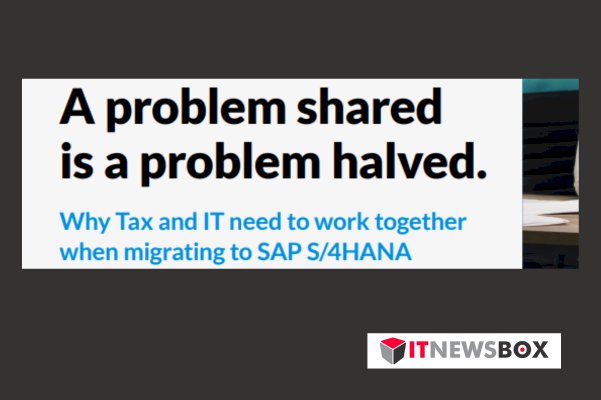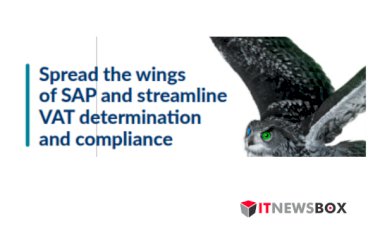7 Reasons To Add A Tax Engine For VATGST Determination
Many successful multinationals have found that integrating a 3rd party tax engine to their ERP and transactional finance systems significantly improves VAT/GST accuracy and overall tax department agility.

The tax function in today’s multinational businesses must accommodate nearly constant changes that affect VAT/GST determination – not just the ongoing regulatory changes, but business changes including geographic expansion, mergers & acquisitions, new business units, new ERP systems, new sales channels like e-commerce, new procurement platforms, and new product offerings with complex taxability
Many successful multinationals have found that integrating a 3rd party tax engine to their ERP and transactional finance systems significantly improves VAT/GST accuracy and overall tax department agility. A tax engine determines VAT/GST on every sales or purchase transaction in real time as it’s processed. The latest VAT/GST rules, rates, and taxability logic are maintained in the tax engine, outside the ERP or other financial system.





















